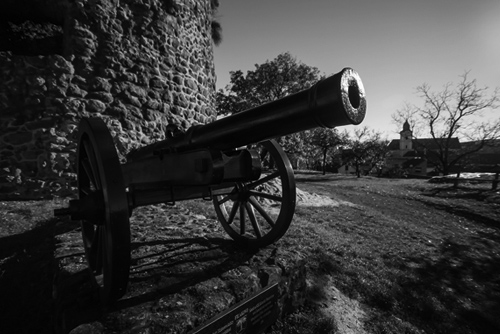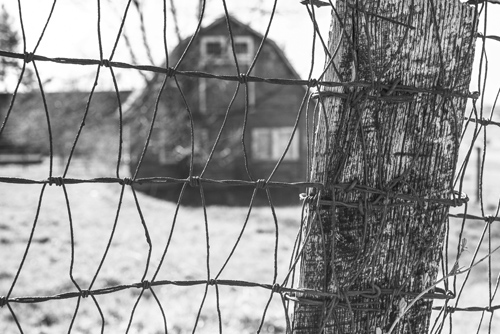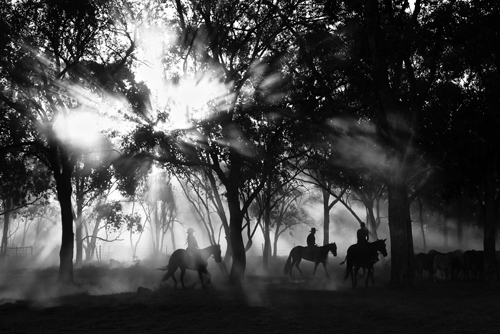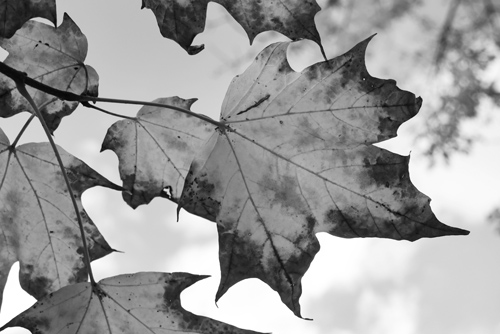After the United States had won their war of independence against the British Empire and had become a sovereign country in 1776, those who remained loyal to King George III did not feel welcome to remain there. To thank them for their loyalty, the Crown granted them land in parts of Ontario, the Maritimes and the Eastern Townships of Quebec. Thus these immigrants were called Loyalists and became among the first settlers of the region. Many of the early West Bolton Loyalist families were among the first to colonize the Eastern Townships. One of those pioneers was a loyalist, Elkanah Phelps. He settled in Canada in 1807 and is buried at the Hillhouse cemetery in West Bolton.
History

Originally a small portion of the Township of Bolton (in 1797), West Bolton became a municipality in 1876. It is a municipality that occupies a large area, approximately four miles from east to west and 10 miles from north to south. The first West Bolton families derived their livelihood from the land and the Glen valley was mainly composed of pasture for dairy cows at the end of the 19th century. Pictures of that period, showing few trees and especially pastures at the foot of Mont Glen, are preserved in the Archives of the Brome County Historical Society. There were also several rural schools in West Bolton, one on Brill Road (now a private residence), one on Stagecoach Road, one on the Glen Road and Cousens (also now a private residence) and one on Bolton Pass Road, near Fuller Road. There was also the Duboyce school on Town Hall which is now the Town Hall.


Most of these early farmers were self sufficient. There was no electricity, no telephones, cars or tractors. The main source of revenue came from the sale of milk cows. Pigs, poultry and sheep were used for family consumption, while the horses were used to transport or provide energy for farm equipment. Both human and equine energy were required to operate a family farm.
Life was very different before the arrival of the automobile. Thus, it was the responsibility of the owners whose property bordered a road to maintain it … even in winter! The design of winter maintenance at that time was that we did not remove the snow, it was packed down. This was done with rollers of wood and steel, pulled by horses. These rollers packed down the snow, allowing the sled to slide along.


West Bolton today consists of a few farms still in operation, residents who work full time outside the home and seasonal residents who want to live in a pastoral environment. We are farmers, workers, artists, professionals and retirees. We have one thing in common with the first Loyalist settlers, this is our home and we have to thank those who came before us who managed to preserve this beauty for us all to enjoy .